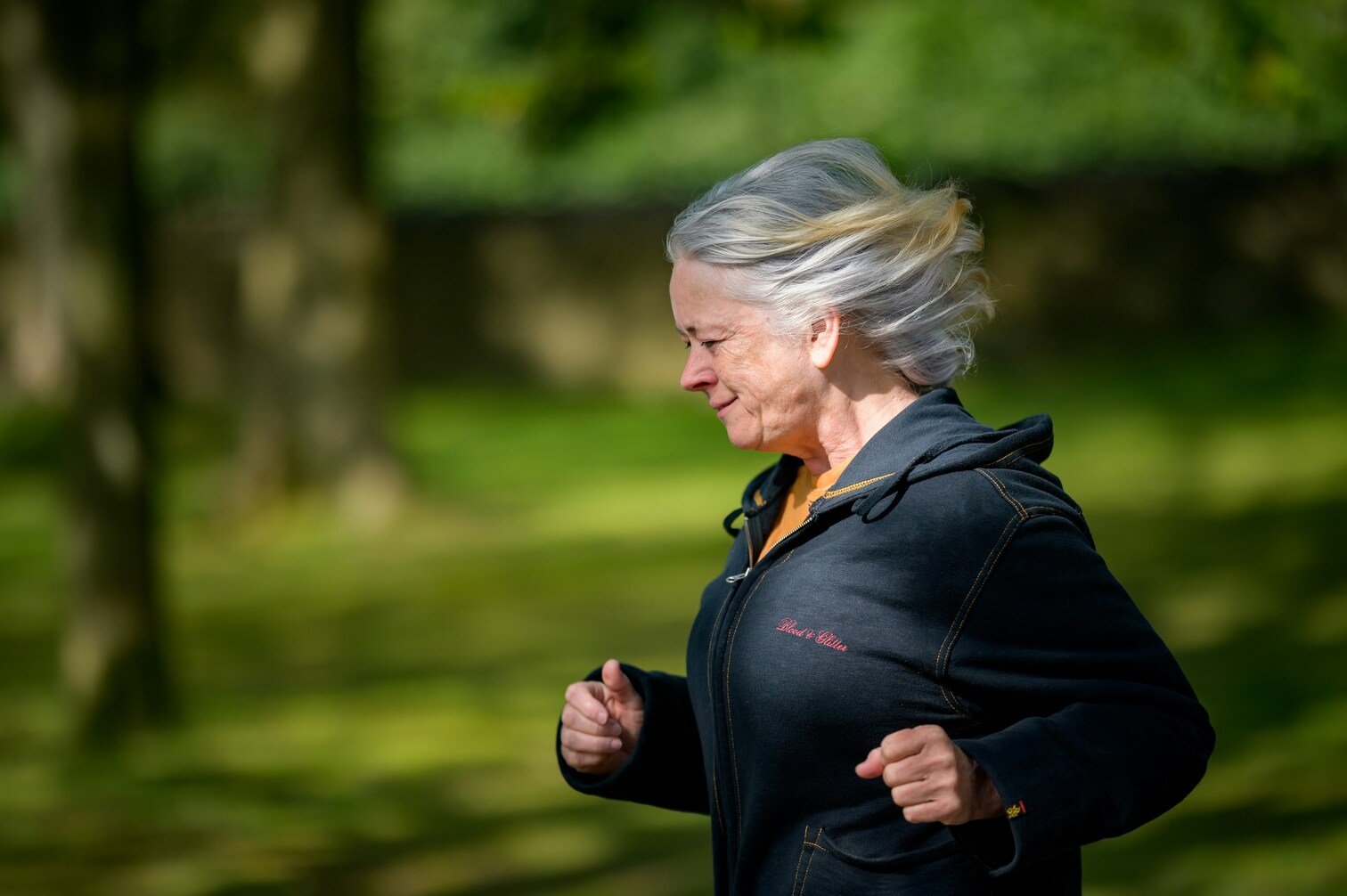In a new era of hybrid work, new ethical challenges have emerged (and will continue to emerge), but above all opportunities, opening up space for the possibility of (re)imagining the future of the workforce and organisations; of getting to know what workers and leaders think; of exploring each person's creativity and ethical sensitivity; of redesigning and reframing workspaces into spaces of hospitality and inclusion.
But in order to truly know what people think, we need to listen to them, to give them enough openness to share what they think, without fear or pressure. At the Ethics Forum, we want to create tools that allow each organisation to internally create these safe spaces for reflection that we advocate, which will, in our opinion, allow for the effective possibility of individual and collective change.
We believe that reflecting on and with ethics will allow workplaces to emerge that contribute to a life with more human meaning. They will allow us to think from a more normative and procedural approach - THINKING ABOUT ETHICS - and, at the same time, integrate the thickness of the situations experienced by each of those involved in that same reflective space - THINKING WITH ETHICS.
This is the case of the reflections that contributed to the study "Ethics and Hybrid Work", and in particular to this Collective Book, which started from the motto "The ethical challenges I have experienced / am experiencing / will experience with hybrid work..."
I have lived: understanding, tolerance, compassion.
I live: flexibility, responsibility, trust, autonomy
Let's live: collaboration, connection, celebration.
Ângela Fernandes
The language that weaves through the texts in this book is a message, not just a means of communication. The hybrid work is represented through images and metaphors, which extend the meaning beyond the linguistic context, embracing the conceptual dimension and action. In other words, the way we say reality shapes the way we think about it and how we act in it and on it. The images of the network, encounter and dialogue coexist in the narratives that weave this book with the need to disconnect, the fear of mismatch and the weight of distrust.
The image that comes to mind is that of a juggler. Obviously very influenced by my experience of teleworking, where there were times when I was simultaneously receiving emails, messages on MS Teams chat and WhatsApp, while meeting someone via videoconference or telephone, while listening to the washing machine working and having lunch cooked.
Sónia Pereira da Silva
The stories shared give future to memory and invite us all to take on the legacy of this collective writing, based on experiences, learning, re-significations, in a rhythm interspersed between proximities and distances.
I happened to discover why the apple fell and I understood what the
gravity of the workers in the chair and their eyes on the computer screen.
Teleworking has shown that investing
in controlling productivity based on the fulfilment of
was the biggest mistake I ever made.
José Teixeira
At the end of these stories, in postscript mode, we find (many) more questions:
For hybrid work to happen (not as an escape from common spaces and a weakening of solidarity, but as the creation of other possible ones), are we willing to review habitual patterns of behaviour, attitudes and feelings that characterise life in our organisations?
Do we want to become aware, take responsibility, decide and realise the climate for creativity and change that urgently needs to happen?
In the afterword to "Infinite Desire", we read that "more than stern criticism or doctrinaire certainties, the texts in this collective book are searching, suggestive and poetic. Because we are thirsty for being; because we carry within us the nostalgia for unity; because we seek that reconciliation or supreme harmony between light and shadow, point and counterpoint, presence and absence, fullness and lack, closeness and distance."
This book, filled with illustrations inspired by the narratives, reminds us that "It is important to widen the Forum, convene dialogues, open the public space, give visibility to questioning, challenge the conventional and the established, believe, redesign and reinvent maps so that, together, we can inhabit this great, immense house of the future".
This collective book was conceived as a fabric of narratives open to other voices that can jointly (re)think what really matters in the context of the work of each and every one of us. In this way, the texts shared in this book can be a source of other texts-narratives-poems-thoughts that promote reflection/writing and that encourage the creation of safe spaces in organisations to talk about ethics.
This Collective Book can also be an inspiring Christmas present for you and your organisation. Enjoy!
_____________________________________
Share the Collective Book "Ethics and Hybrid Labour: Proximities and Distances" as a Christmas present.
If you also want to promote ethical reflection on this work model, you can take advantage of the "Ethics and Hybrid Work" KIT, the result of the Ethics Forum's annual study: Survey "Ethics and Hybrid Work: in the Aftermath of the Pandemic"; Collective Book "Ethics and Hybrid Work: Proximities and Distances"; Documentary "The Best of Both Worlds?"
You could, for example, share the book with your colleagues and organise a reflection and debate session after watching the documentary together. If you need us, contact forumetica.cpbs@ucp.pt
If you liked this Collective Book, you can take part in the next one on "Ethics and Generational Diversity at Work" by sending us individual or collective narratives by 15 January.



